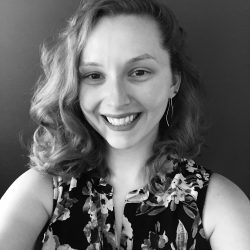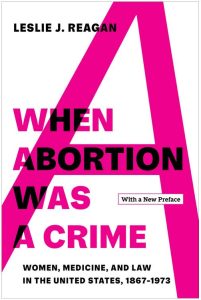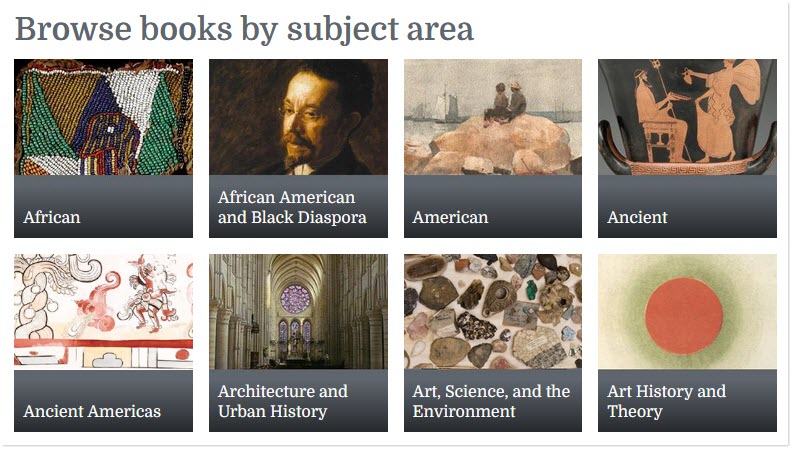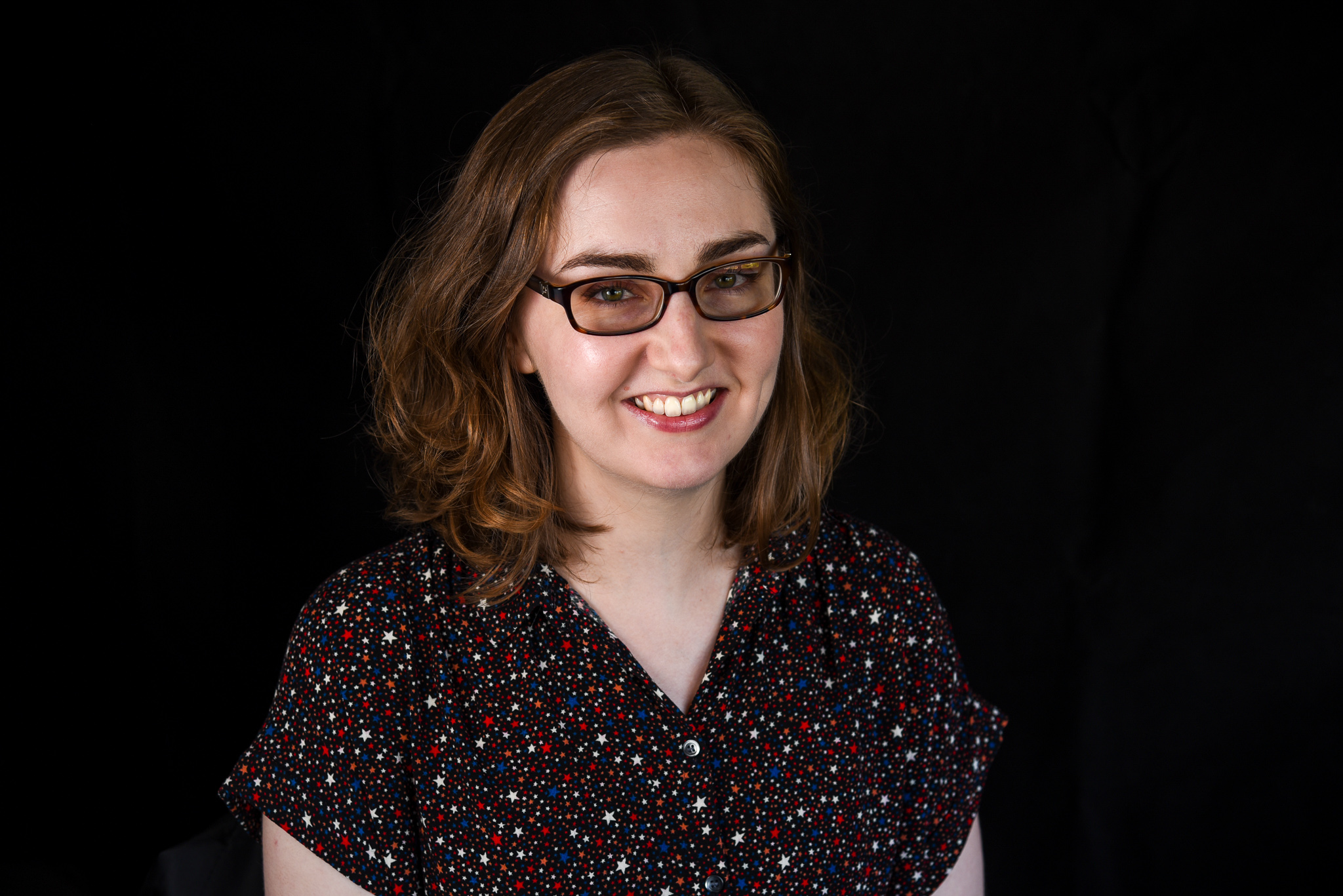Love Data Week 2023 – Data: Agent of Change

Help us celebrate Love Data Week, the international celebration of all things data related! Love data is a week dedicated to raising awareness and celebrating how data influences our world!
This year’s theme is “Data: Agent of Change,” focusing on inspiring significant change through data, whether large or small, ranging from policy change, structural change, and social change! If you have not participated previously, now is the time! To help new and seasoned data users find data training and resources to move the needle on issues they care about, I have created a list of resources one could use to explore those issues.
With February also being Black History Month, I wanted to bring attention to some of the research and data sources available covering issues with race, not only in the U.S. but worldwide.
Check out these resources to learn more.
U.S. Census Information on Race: https://www.census.gov/topics/population/race.html
Race, Ethnicity and Marriage in the United States: https://www.census.gov/library/stories/2018/07/interracial-marriages.html
Pew Research Center Race and Ethnicity information: https://www.pewresearch.org/topic/race-ethnicity/
ICPSR is a data repository available to Villanova students, faculty, and staff. They host a variety of datasets that have been curated for ease of use, including many sets dealing with social issues. Two helpful features they offer are the Thematic Data Collections, which includes the Resource Center for Minority Data, and their Current Events in the Bib page, which shows publications dealing with current society issues and how data is being used in to broaden the scholarship. Explore ICPSR to find datasets available for secondary analysis to advance policy and social change.
The International Association for Social Science Information Service and Technology, IASSIST, recently released a webinar titled “A Conversation About Data on Race & Ethnicity Around the World” By Bobray Bordelon, Barbara Levergood, Kevin Manuel, Nigel de Noronha, Anja Perry, and Anne Zald. The panel was moderated by Alexandra Cooper and Deborah Wiltshire.
Erica Hayes, Digital Scholarship Librarian, recommends the book, Data Feminism by Catherine D’Ignazio and Lauren Klein. “The book touches on why data scientists need feminism and how data can perpetuate intersectional inequalities. The book also provides examples of different projects like Data for Black Lives: https://d4bl.org/.”
It is important to also highlight some of the inherent issues that are prevalent in data science. Beaudry Allen, University Archivist, recommends Algorithms of Oppression: How Search Engines Reinforce Racism by Safiya Noble to learn more about the systematic racism found in data science.
For more information about different data resources Falvey offers check out the Falvey library blog. There were different data related posts throughout the week! Make sure to join us again next year for Love Data Week 2024, which will run from Feb. 12-16.
Follow and spread the word about Love Data Week 2023: @lovedataweek on Twitter and Instagram #lovedata23
This event is hosted by ICPSR, a data repository that is available on Falvey Library’s homepage, Databases A-Z list.
 Nicole Daly is Communication Librarian at Falvey Library.
Nicole Daly is Communication Librarian at Falvey Library.

 Linda Hauck, MLS, MBA is the Business Librarian at Falvey Library.
Linda Hauck, MLS, MBA is the Business Librarian at Falvey Library.
 Economics tab and Search all Categories box enable drilling down to the cities and variables needed.
Economics tab and Search all Categories box enable drilling down to the cities and variables needed. Falvey Memorial Library’s
Falvey Memorial Library’s 

 Jutta Seibert is Director of Research Services & Scholarly Engagement at Falvey Memorial Library.
Jutta Seibert is Director of Research Services & Scholarly Engagement at Falvey Memorial Library.
 Nicole Daly is Communication Librarian at Falvey Memorial Library.
Nicole Daly is Communication Librarian at Falvey Memorial Library.
 Darren G. Poley is Associate Director of Research Services and Scholarly Engagement, and Theology, Humanities & Classical Studies Librarian at Falvey Memorial Library.
Darren G. Poley is Associate Director of Research Services and Scholarly Engagement, and Theology, Humanities & Classical Studies Librarian at Falvey Memorial Library. 
 Drafting this post, I looked for examples of academic journals published in African languages and was surprised how difficult an endeavor this turned out to be. Admittedly, some African languages are spoken by comparatively small populations. However, Igbo boasts roughly 30 million native speakers, about the same number as all native speakers of all Scandinavian languages put together. I soon came to realize that African languages that were actively used in scholarly communication were generally those that held “official language” status in an African country, such as Amharic in Ethiopia and Swahili in Tanzania. I found a few examples through
Drafting this post, I looked for examples of academic journals published in African languages and was surprised how difficult an endeavor this turned out to be. Admittedly, some African languages are spoken by comparatively small populations. However, Igbo boasts roughly 30 million native speakers, about the same number as all native speakers of all Scandinavian languages put together. I soon came to realize that African languages that were actively used in scholarly communication were generally those that held “official language” status in an African country, such as Amharic in Ethiopia and Swahili in Tanzania. I found a few examples through  If you are looking for an alternative way to search PubMed (MEDLINE), check out MEDLINE via EBSCOhost.
If you are looking for an alternative way to search PubMed (MEDLINE), check out MEDLINE via EBSCOhost.
